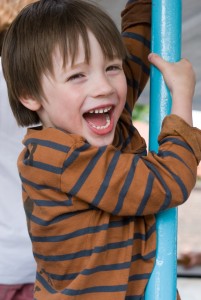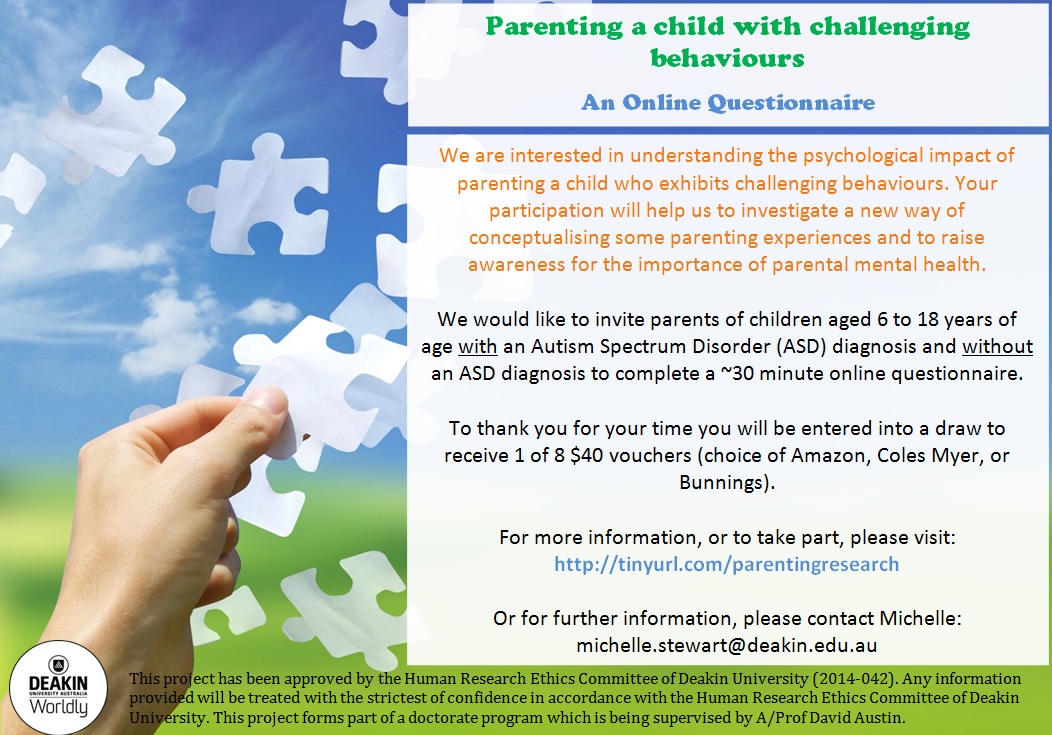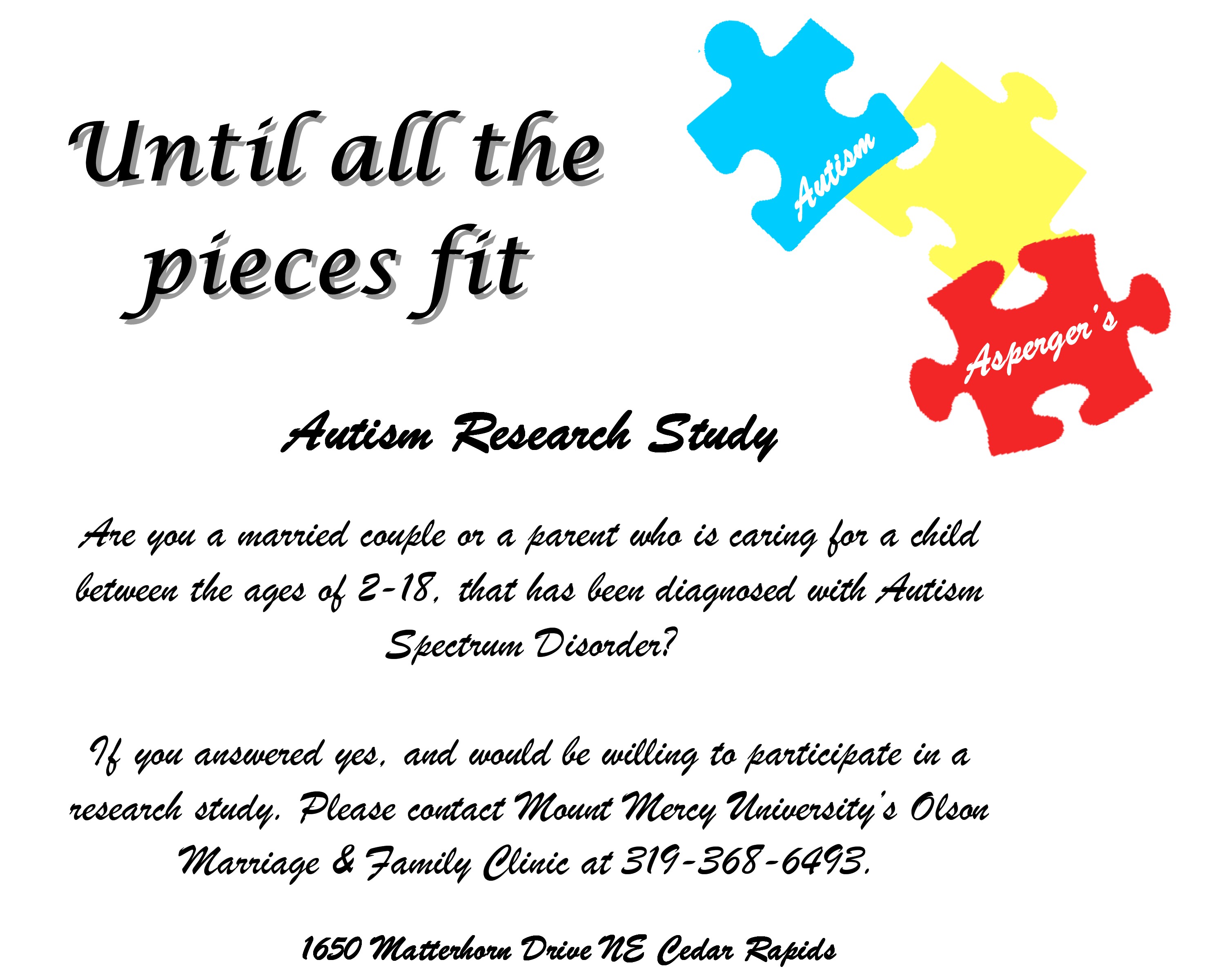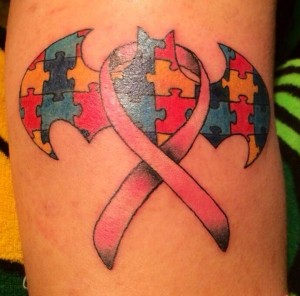
Autism and Parenting
As the father of an eight year old boy with autism I appreciate a lot of the probelms which my fellow parents face. Indeed , I’d guess, all of us feel emotions such as isolation some of the time. Yes I know there are some real high parenting a child with ASD but sometimes…………..
So we are really happy to introduce the latest guest post from Amanda Ronan. You can read the original here. You can also download a useful guide from the site!
It had been a surprisingly easy day for Josephine* and her husband Ryan. Caleb, their four-year-old son with autism spectrum disorder (ASD), had met with the occupational therapist in the morning. In the afternoon, they’d sat together practicing the Floortime approach and following Caleb’s lead as he played after his nap. Even the after-dinner bath, which was sometimes a meltdown trigger for their son, went smoothly. Caleb had giggled and played with toys, barely noticing Ryan and Josephine washing his hair and rinsing him off.
After going through Caleb’s extensive bedtime routine, Josephine settled on the couch with her husband and breathed uneasily in the silence. She tapped her feet and checked her phone over and over, not looking for anything in particular.
Her husband, sensing her agitation, asked, “Want to watch a movie?”
Josephine shook her head. Since Caleb had been diagnosed three years ago, she and Ryan had been thrown into an unpredictable world of specialists, meltdowns, medications, and aggressive outbursts. On nights when they actually got Caleb in bed at a reasonable hour and were still speaking to each other, they’d fallen into a pattern of watching a movie and inevitably falling asleep on the couch, fully dressed. They never felt like they had enough energy to do anything different. Many nights lately, though, the couple argued over everything from Caleb’s treatment to whose turn it was to do the dishes. Josephine felt such cabin fever staying at home all day that she envied Ryan for leaving the house for work, while Ryan felt guilty about leaving his wife alone, and also exhausted by the financial pressure. The stress of it all sometimes felt as if it was undoing them, which was all the more devastating since Josephine often felt they were all each other had. The days of supportive girlfriend lunches and Ryan’s biweekly poker games were long over.
“I wonder if Marcy and Ted want to come by,” Josephine said, her voice brittle with timidity and hope. “We could catch up with them for an hour or so. What do you think?”
Ryan nodded. “Yeah, that could be good. How long has it been since we’ve seen them?”
Josephine shrugged. In fact, she could not remember the last time someone other than Caleb’s therapists had been to the house. Her own parents had visited one time in the last three years. After they left, Josephine’s mother called to say they wouldn’t be visiting again until “that boy was back under control.” Josephine winced even now remembering the icy, judgmental tone in her mother’s voice. The fact that she would give up being a grandmother because she couldn’t accept that her grandson had special needs was something Josephine couldn’t comprehend. Her mother had been there throughout all of the disasters and mistakes Josephine had made as a child and teen. The idea of facing the biggest challenge of her life without her mother’s support sometimes felt crippling. And infuriating. Josephine nursed a silent but boiling anger at her mother for abandoning her at the most crucial time of her life.
But that wasn’t the only loss. Even their friends had eventually stopped visiting and calling. Josephine and Ryan used to be everyone’s favorite couple to spend time with. They were smart, funny, and loving. They had been high school sweethearts and married after college. Neither couldn’t imagine raising a family anywhere but their own hometown, so they moved back not long after the wedding. Many of their childhood friends were still in the area, so they had a built-in social network. As their friends started having children, Josephine and Ryan fantasized about the idyllic life they knew their own future child would have—safe streets, family nearby, best friends, and a real community. Yet, that community slipped away as soon as Caleb started receiving services for ASD.
Immediately after the diagnosis, there had been an outpouring of support from their friends—casseroles, offers to watch Caleb while they two of them went out, impromptu visits just to say hello. But over time, the kind gestures stopped. Josephine and Ryan knew they were hard to reach, because they couldn’t leave Caleb alone while they chatted on the phone, and both felt guilt-stricken about leaving the house for their own pleasure. Meanwhile, it was difficult for people to visit because the change in routine triggered Caleb’s meltdowns. But they’d never expected to feel so isolated and alone in the town where they’d both been raised. If the saying “It takes a village to raise a child” were true, Josephine and Ryan had no knowledge of what that felt like. The village had disappeared.
So Josephine had a long-forgotten sense of anticipation when her husband dialed the phone. But as she watched Ryan’s lips turn from a smile to a thin straight line, Josephine knew they wouldn’t be seeing their friends that night.
“No, I understand. I get it,” Ryan repeated a few times. When he finally hung up, he tossed his phone down angrily and rubbed his face.
“I take it they’re not coming.” Josephine tried to keep her voice light, as if she didn’t really care.
Ryan shook his head. “Not only are they not coming, but they had everyone over at their place tonight for game night and we didn’t even get an invite. I’m so sick of feeling like such an outsider with our friends. I know we say no a lot, but I still want to be invited.”
Josephine nodded. She knew exactly what Ryan was feeling because she felt the same way—angry, alone, and isolated in their home. They were torn between protecting Caleb from a world that was not built to suit his needs and wanting fellowship, support, and love from people they cared about. Josephine snuggled up to her husband. “What are we supposed to do? We can’t make people invite us out. We can’t force them to be friends with us.”
Ryan sighed. “Maybe we need new places to go, then. Maybe we need new friends.”
New choices. The experience of isolation, confinement in the home, and distance from loved ones is common for parents of children with ASD. Perhaps you, too, have stopped accepting invitations to go out or stopped having people over. Maybe your family has stopped eating at restaurants to avoid possible public meltdowns and has instead relied on take-out and delivery on days when home cooking is too much. The day-to-day care as you oversee your child’s health and development is enough to put a serious strain on your family; add to that the fact that you’re limiting your contact with friends and remaining in your home, and you’ve got yourself one stress-filled life.
The good news is that your situation is not without hope. First, the world is starting to catch up with the needs of families of children with ASD. Here are a few options to consider:
Investigate respite programs. Many state and private organizations offer respite care for caregivers of children with special needs, including those with ASD. Such programs, like those offered by the Lansing Respite Center, provide care for children and adults with special needs so that caregivers can take time for themselves. Some respite care can be provided in the family home, and some is provided at a care center. Perhaps having a stranger care for your child seems impossible or out of the question. But isn’t it worth some investigation? Find a few providers, ask a lot of questions about employee background and training, and speak with other families who use the programs. Consider whether you might actually owe it not just to yourself but your family at large to take a break for your own health and well-being.
Find fun family activities outside of the home. It may seem easiest to keep your child with ASD at home for fear of possible public meltdowns and violent outbursts, but with the growing population of children with ASD, leaving the home for social outings has become increasingly easier. You probably know that many animal-based therapies, like some farms and equestrian programs, not only offer children with ASD support, but also invite the family to ride horses and participate in social activities. But have you heard that many entertainment companies recognize the special needs of children with autism and are modifying their performances to accommodate those needs? In New York, Big Apple Circus worked with Autism Speaks and The Theatre Development Fund’s Autism Theatre Initiative to design a “sensory-friendly” circus show. During the performance, the house lights are kept on and the volume is kept low. There is a room available with dim lighting for calming, as well as stations outside of the performance where children can participate in other activities should the circus act be too much for them. In Boston, the Broadway show ‘Disney’s The Lion King’ held an “autism-friendly” performance, which kept volume levels low and discontinued the use of flashing lights. In Detroit, the annual festival Arts, Beats and Eats has Family Days for Children with Autism, which allows families with children on the spectrum to go to the festival an hour before it opens for general admission on two different days to enjoy the event modified to diminish the sight-and-sound overload that can be challenging for the autism community. It’s not just big productions that are becoming more accommodating; fairs, zoos, and museums all over the country are taking notice of children with autism and other special needs and making it possible for all families to visit. If there’s somewhere you want to take your family, call and ask whether they have autism-friendly special events or times; if they don’t, maybe your call will get the ball rolling.
Explore social groups and camps. While you feel as though you are protecting your child by keeping him or her home, you may be hindering his or her social development. There are many programs that are run by trained therapists and teachers to help children with ASD interact with others. These social groups happen at regular intervals and they can be events that your child actually looks forward to. You’ll meet new people, as well, further expanding your connection with families experiencing many of the same ASD-related issues as your own family. Some of these groups even run weekend and summer camps.
Right now, it might seem as though you’ll never have close friendships or the freedom to leave the house again. But there are ways for you to create social connections for yourself and your child. Once you get over the initial doubt and worry about how much planning or trouble an outside-of-the-house experience can be and actually experience it, you’ll wonder why you haven’t tried it sooner.
*Josephine and Ryan’s story is based on multiple interviews with parents of children with disabilities.





